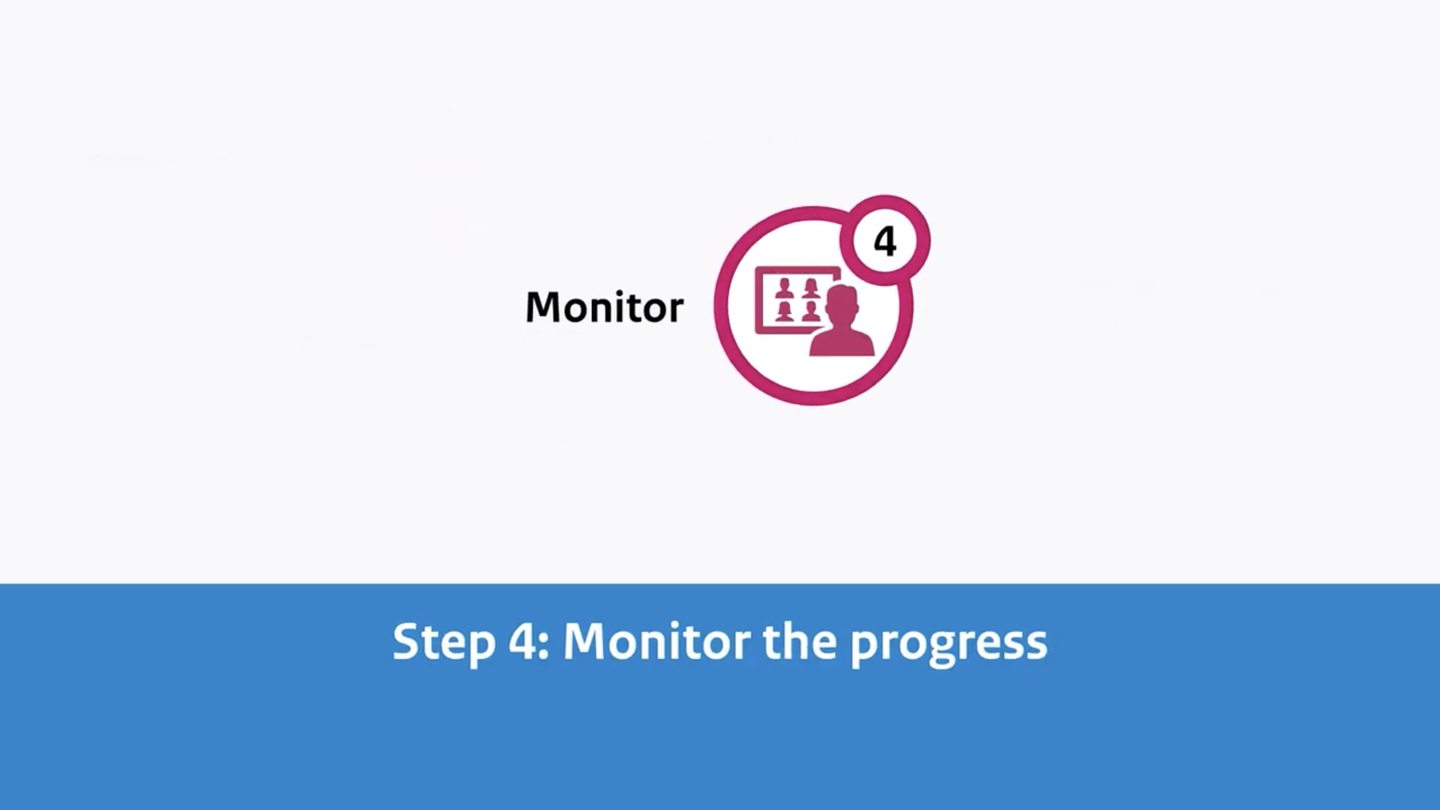Monitoring progress
The next step in the due diligence process is monitoring progress. The first question to address is whether your policies are being followed. The second question is whether the chosen measures effectively address sustainability risks.
Compliance with policies
In the initial stage of the due diligence process, all parties agreed to specific terms and responsibilities. These included honouring payment schedules, managing order changes, addressing customer complaints, and seeking clarification from suppliers when necessary. It is crucial for the management to regularly monitor compliance with these agreements.
Effectiveness of policies
It is essential to evaluate whether business partners comply with the agreements and code of conduct. This can be achieved through various methods, as explained below.
Setting priorities
Companies cannot monitor all sustainability risks simultaneously. It is not feasible to visit all factories or have all suppliers complete questionnaires at the same time. Prioritizing monitoring measures for the most significant sustainability risks is necessary.
Opportunities for monitoring
There are various options for companies to investigate whether the measures taken are effective. The main sources of information for this are suppliers, public data sources, and third parties.
Engaging with suppliers
Suppliers are vital sources of information regarding the effectiveness of measures. Ensure that sustainability risks become a routine topic in your discussions with suppliers.
Site visits
If the opportunity arises, visit your suppliers. A site visit offers a great opportunity to observe working conditions, assess the environment, and speak with employees.
Audits
Independent organizations can conduct questionnaires and checks to gain insights into measures taken to improve working conditions and prevent misconduct. You may ask for audit reports to learn how a location deals with specific safety risks.
Analysis of public information on risk mitigation
In some cases, non-governmental organisations publish annual reports on the sustainability risks in specific countries, providing insight into the direction in which those countries are heading.
Third-party information
Local experts, non-governmental organisations, trade unions, or scientists can provide insight into the local context and the sustainability risks that may or may not exist in a certain area.
Sector examples
Food: Monitoring progress
Tony's Chocolonely is a chocolate company committed to 100% slave-free chocolate. Modern slavery and child labour are real risks in cocoa supply chains. Therefore, the company takes various actions to address these risks, such as tracing cocoa, investing in the supply chain by paying higher prices and entering into long-term contracts. Additionally, Tony's Chocolonely uses the Child Labour Monitoring and Remediation System (CLMRS) to identify, prevent, and address child labour. The system aims to assist companies operating in the cocoa industry to raise awareness in the countries where the cocoa is produced. It also detects child labour through regular investigations and provides support in addressing child labour and follow-up. This way, Tony's Chocolonely can monitor whether child labour increases or decreases.
Useful tools
- The FairWear Foundation has created a list of questions to assess the quality of audits.
Homework assignment
After this assignment, you will have a good understanding of whether your organisation's IRBC policy is being followed and whether it is effective.
- Compile a list of information your organisation collects that reflects compliance with the policy. This may include the percentage of orders changed at the last minute, the percentage of invoices paid on time, or the share of certified products in the portfolio.
- Determine how your organisation tracks whether sustainability risks are being adequately addressed. This may include incorporating sustainability into discussions with suppliers, monitoring publicly available information about sustainability risks, or maintaining contact with local stakeholders.
